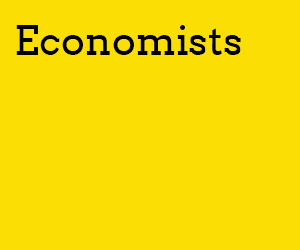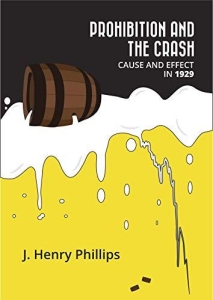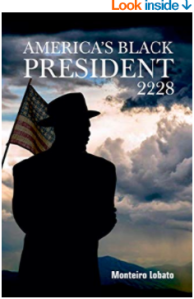
Adam Smith had a lot to say about machinations of mixed-economy mercantilism (link) The above cartoon was published five years after China’s boycott of American exports prompted passage of a raft of prohibition laws.
It occurred to me this morning reading “Our Man in Tokyo,” that the reason nobody understands how Crashes result from laws making trade and production illegal or coercible is a sort of Gentlemen’s Agreement whereby the media suppress all mention of narcotics, except an occasional screecher like MAN WALKS INTO A BAR, TAKES MORPHINE AND DIES.(San Francisco Examiner 01MAY1893 p.2) That or some Hearst press story abt a white girl getting hooked then becoming the plaything of Wily Oriental Gentlemen to the spoliation and suicide of the Great White Race.(link) The events in Geneva Opium Advisory Committee sessions just prior to the 1929 Crash and 1930s Banking Panics are elided so perfectly as to vanish from human memory.
When was the last time you saw this quote from Adam Smith’s Wealth of Nations? (Typo error in Gutenberg version corrected):
It has not been uncommon, I am well assured, for the chief, that is, the first clerk of a factory, to order a peasant to plough up a rich field of poppies, and sow it with rice, or some other grain. The pretence was, to prevent a scarcity of provisions; but the real reason, to give the chief an opportunity of selling at a better price a large quantity of opium which he happened then to have upon hand. Upon other occasions, the order has been reversed; and a rich field of rice or other grain has been ploughed up, in order to make room for a plantation of poppies, when the chief foresaw that extraordinary profit was likely to be made by opium. The servants of the company have, upon several occasions, attempted to establish in their own favour the monopoly of some of the most important branches, not only of the foreign, but of the inland trade of the country. Had they been allowed to go on, it is impossible that they should not, at some time or another, have attempted to restrain the production of the particular articles of which they had thus usurped the monopoly, not only to the quantity which they themselves could purchase, but to that which they could expect to sell with such a profit as they might think sufficient.
Adam Smith, WON (link)
The East India Company, like the DEA, was an armed monopoly, except it was ordered out of China in 1836. Capital was removed from the USA to finance British attacks on China to successfully defeat prohibitionism. British agents then insisted it would only be fair and morally consistent for natives to be beheaded for planting backyard poppies. This distressing episode, plus the losses inflicted on American dope traders in the bargain was the bigger trigger as of March of 1836 for most of the Panic of 1837. The Species Circular that July 1836 probably cut American losses during the mostly foreign disaster.(link)
*-*-*
Good Reading: The Scramble for China by Robert Bickers. (link) Foreign Devils, our ancestors, began hauling Indian opium to China in 1808, when the drug was a chi-chi luxury. Like othr luxuries then and now, overreaction, envy, superstition and cussedness fanned it into a crisis all out of proportion. The Engish is impeccable, the writing subtle, economical and powerful. Yet the author skips what to Americans is a key sequence of events leading to the Species circular, the Central Bank struggle and the Panic of 1837. The Foreign Devils knew in March they were unwelcome and sure enough were asked to leave in December. Nor is there anywhere in the literature an accounting of how the Emperor’s displeasure affected American opium traders, and through them worsened the effect of the British withdrawal of capital to arm for the Opium Wars. But the book is nevertheless a worthwhile read and includes a charming history of early Singapore.

Get the complete story in Prohibition and The Crash on Amazon Kindle in two languages. After this you’ll be able to explain to economists exactly how fanaticism and loss of freedom wrecked the U.S. economy.

Prohibition and The Crash, on Amazon Kindle
Follow LIBtranslator, my political economy blog at https://libertrans.blogspot.com/
Brazilian Sci-fi from 1926 featuring the usual beautiful daughter of a scientist touting prohibition and racial collectivism in America’s Black President 2228 by Monteiro Lobato, translated by J Henry Phillips (link)

I also produce books and articles in Portuguese, using Brazilian historical sources at http://www.expatriotas.blogspot.com or amigra.us
- Posted in Uncategorized
- Tagged change, freedom, improvement, libertarian, political clout, repeal, spoiler votes,